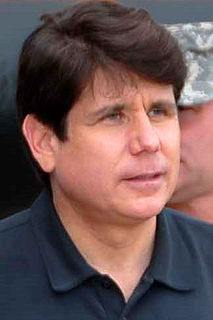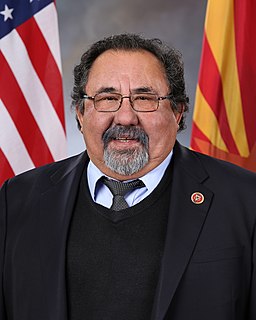Top 33 Biofuels Quotes & Sayings
Explore popular Biofuels quotes.
Last updated on April 14, 2025.
I'm working with wind, solar, and biofuels companies as well as with organizations like ACORE [American Council On Renewable Energy], Growth Energy, and AREDAY to raise public awareness and seek practical technological solutions to reduce our reliance on fossilized carbon. My book Don't Wait for the Next War will be out in October, where I will offer my prescription for America's growth, responsible development, and security.
Renewable biofuels are meanwhile making inroads in the transportation fuels market and are beginning to have a measurable impact on demand for petroleum fuels, contributing to a decline in oil consumption in the United States in particular starting in 2006... The 93 billion liters of biofuels produced worldwide in 2009 displaced the equivalent of an estimated 68 billion liters of gasoline, equal to about 5 percent of world gasoline production.
It's estimated that about 30 percent of the increase in grain prices could be attributed to the decision to embrace biofuels, particularly corn-based ethanol. It has done nothing for climate change and the business is in real trouble now with the collapse of oil prices. It's completely dependent on a dollar subsidy and tariff from the government.
We've got to control our own energy. Now, not only oil and natural gas, which we've been investing in; but also, we've got to make sure we're building the energy source of the future, not just thinking about next year, but ten years from now, 20 years from now. That's why we've invested in solar and wind and biofuels, energy efficient cars.
When you have weird policy decisions in the United States that then ripple out throughout the world, the rest of the world really takes it on the chin. When the U.S. decides to set their corn on fire rather than to eat it, which is what the biofuels policy basically is - then that drives up the price of corn. It drives up the price of substitutes. And all of a sudden you have a sort of spiral of food prices. And other countries don't have the resources, because they're not allowed to, to weather the storm.
Now it will take a long time to scale biofuels, but I'm the only one in the world forecasting oil dropping in price to $35 a barrel by 2030. I'll put it on the record: Oil will not be able to compete with cellulosic biofuels. If you do it from food, the food will get so expensive you can't make fuel out of it.
Better biofuels are a really big deal. That means we can precisely engineer the molecules in the fuel chain and optimize them along the way. So, if all goes well, they're going to have designer bugs in warm vats that are eating and digesting sugars to excrete better biofuels. I guess that's better living through bugs.
Note even Jonathan Swift would dare to write a satire in which politicians argued that - in a world where species are vanishing and more than a billion people are barely able to afford to eat - it would somehow be good for the planet to clear rain-forests to grow palm oil, or give up food-crop land to grow biofuels, solely so that people could burn fuel derived from carbohydrate rather than hydrocarbons in their cars, thus driving up the price of food for the poor. Ludicrous is too weak a word for this heinous crime.
As President, I'll invest in renewable energies like wind power, solar power, and the next generation of homegrown biofuels. That's how America is going to free itself from our dependence on foreign oil ? not through short-term gimmicks, but through a real, long-term commitment to transform our energy sector.
It is critical to develop a biofuel industry powered by feedstocks produced in every corner of the country, in addition to the Midwest. That is why USDA has established five regional research centers working on science necessary to ensure profitable biofuels can be produced from a diverse range of feedstocks.
I would say that, from an agricultural perspective, I have a little bit of concern, because some of the folks I don't know are particularly supportive of the renewable fuel industry and the renewable fuel standard, which is a big part of certainly Midwestern agriculture. I'm hopeful that, when we see his ultimate selection for ag secretary, that we will see someone who is a strong advocate for renewable fuels, and what that means to Midwestern producers. And, for that matter, now, all over the country, we're seeing more and more of the biofuels being produced from a variety of sources.






















